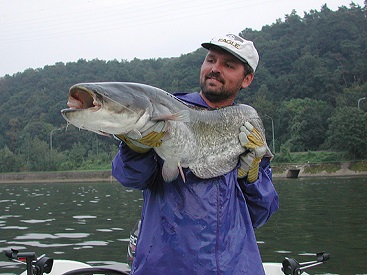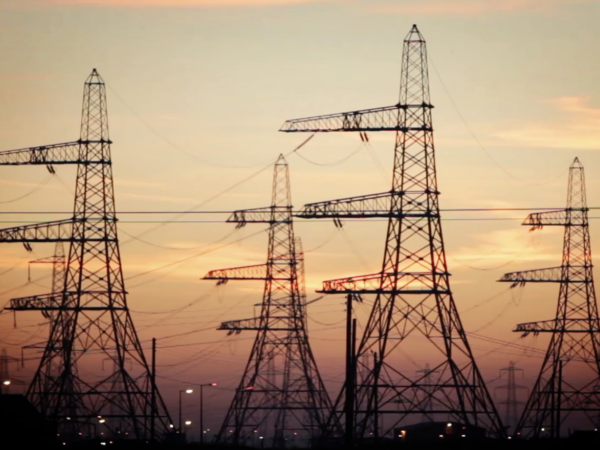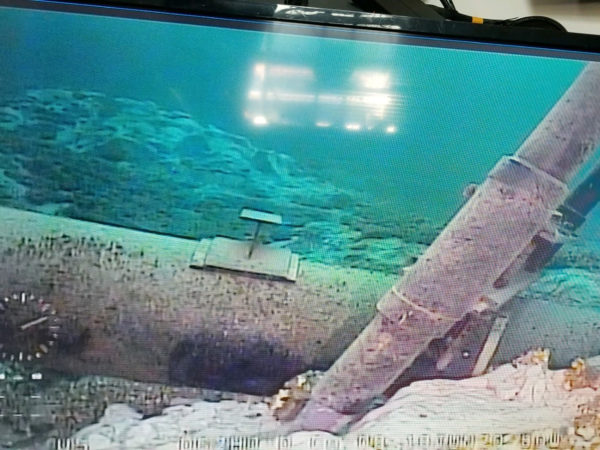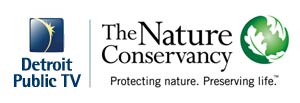
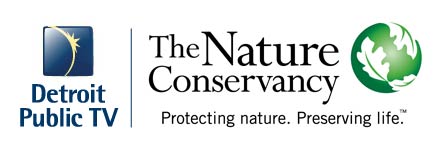
First-of-its-kind Special To Discuss Dangerous Invasive Species
DETROIT (January 7, 2013) – Detroit Public Television (DPTV) and The Nature Conservancy announce a first-of-its-kind television and Web special, designed to convene a discussion on the solutions to the threats posed by dangerous invasive species in the Great Lakes.
“Great Lakes Now Connect: Invasive Species” will bring together leading experts from across the Great Lakes region on January 15, 2013 from 10 a.m. to Noon, Eastern Time. The event will be broadcast on television in Southeast Michigan and be available live on the Web at www.greatlakesnow.org, where it will also be archived for “on demand” viewing.
Live television coverage in Southeastern Michigan will be available on over-air Channel 56.2, Comcast Channel 287, Bright House Channel 155 or Charter Channel 432. Additionally the special will be available at no cost via a Web embed code, to any public or commercial news organization in North America, to make the conversation as accessible as possible.
The special will feature two panel discussions, moderated by veteran journalist Christy McDonald. They are scheduled to include:
Panel #1: They’re Here! (and it’s more than just Carp!)
Patrick Doran, Director of Conservation Programs, The Nature Conservancy in Michigan, Moderator
- Tom Barrett, Mayor of Milwaukee
- Kathryn Buckner, President, Council of Great Lakes Industries
- Paul Pacholski, President, Ohio-Lake Erie Charter Boat Association
Panel #2: The Search for Solutions
Lindsay Chadderton, Director, Great Lakes Aquatic Invasive Species, The Nature Conservancy, Moderator
- Matt Doss, Policy Director, Great Lakes Commission
- Dr. Marc Gaden, Great Lakes Fishery Commission
- Dr. Hugh MacIsaac, Professor at the University of Windsor and Director of the Canadian Aquatic Invasive Species Network
- Phil Moy, Assistant Director of Research, Wisconsin Sea Grant
“After our coverage of the international Great Lakes Week conferences in 2011 and 2012 was viewed by tens of thousands of citizens on TV and online, we felt a responsibility to continue the conversation toward solving issues involving the Great Lakes” said Rich Homberg, President and General Manager of Detroit Public Television. “We want the power of media to bring together the leading voices to begin a discussion about solutions.”
“We’ve long known in the conservation community that aquatic invasive species cause a significant disruption to species in the food chain, but it’s not well-known to the general public, despite the costs and chaos it causes all of us,” said Dr. Patrick Doran, The Nature Conservancy’s director of conservation in Michigan. “This is not just an environmental problem, it’s an economic one, too. A broadcast like this will help explain the issue and the potential solutions to a wide audience.”
About Detroit Public Television
Detroit Public Television (DPTV) is the non-commercial, viewer-supported PBS-member station watched by more than 1.5 million people in Detroit and Southeast Michigan and another 1.2 million people throughout Canada. DPTV also manages WRCJ 90.9 FM, Detroit’s classical and jazz radio station, in collaboration with the license-holder, the Detroit Public Schools. The radio station is located in the Detroit School of Arts. DPTV is licensed to the Detroit Educational Television Foundation and governed by a volunteer board of trustees from the local business, civic, and cultural communities.
About The Nature Conservancy
The Nature Conservancy is the leading conservation organization working to protect the most ecologically important lands and waters around the world for nature and people. To date, the Conservancy and its 1 million members have been responsible for the protection of more than 120 million acres worldwide. The Nature Conservancy is working to make the Great Lakes watershed among the most effectively managed ecosystems on Earth. For more information, visit http://nature.org/greatlakes.
###
Contact : Matt Friedman
248-626-0006
mfriedman@tannerfriedman.com


